Three reasons why critics think 26th Constitutional Amendment threatens judiciary’s independence
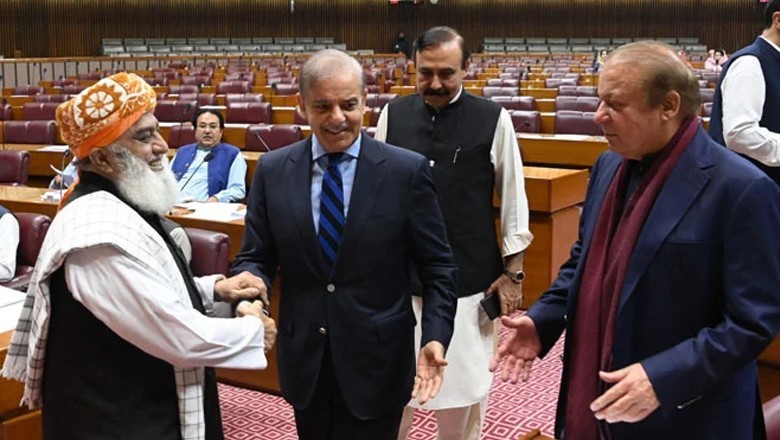
Web Desk
|
21 Oct 2024
The 26th Constitutional Amendment Bill has become law after being approved by both houses of parliament and receiving approval by the President Asif Ali Zardari.
In a session chaired by National Assembly Speaker Ayaz Sadiq, Federal Law Minister Nazir Tarar introduced the amendment. Out of 237 members, 225 voted in favor, while 12 opposed the motion.
The 26th Constitutional Amendment has sparked debate about the judiciary's autonomy, with critics warning that the increased role of politicians in judicial appointments poses a threat to the judiciary’s independence. Here are three key reasons for these concerns:
1- Politicisation of a new 13-member Judicial Commission
The amendment modifies Clause 2 of Article 175A, allowing four elected representatives to join the Judicial Commission.
The new Commission will include the Chief Justice, the presiding judge, and the three most senior judges of the Supreme Court. It will also include the federal law minister, the attorney general, and a lawyer with 15 years of Supreme Court experience.
The commission will also have two elected representatives, with at least one member being a female or non-Muslim qualified to serve as a technocrat in the Senate.
Critics argue that this political inclusion compromises the judiciary’s independence. They assert that government representatives, including two MNAs, the attorney general, the law minister, and possibly a bar council member or retired judge, can overpower the influence of senior serving judges.
2- Politician's role in judicial appointments
- Appointment of Chief Justice
Under Clause 3 of Article 175A, the appointment of the Chief Justice will now involve a 12-member parliamentary committee, consisting of eight MNAs and four senators.
This committee will nominate a candidate from the three most senior judges for the prime minister, who will then forward the nomination to the president for approval.
The sessions of this committee will be held in-camera, and the proceedings will not be made public.
Critics claim that the government seeks to block Justice Mansoor Ali Shah, the next senior-most judge slated to become Chief Justice, from assuming the role, due to his verdict on reserved seats that favored PTI.
- Appointment of the Constitutional Bench
The amendment also grants the Judicial Commission authority to determine the number and tenure of Constitutional Benches. The Commission will ensure equal provincial representation among judges in these benches.
The bill explicitly states that these benches' powers cannot be delegated to any other bench.
Moreover, the Judicial Commission’s proceedings related to judicial appointments will also be held in-camera, though a record will be maintained.
Critics contend that this process is fundamentally flawed. If anyone seeks to challenge the 26th Amendment, they must appeal before the very Constitutional Bench created by the same amendment.
Journalist Matiullah Jan said, “How can a bench discredit the amendment that created the bench itself? This undermines transparency and makes constitutional matters more complex.”
- Evaluation of High Court judges’ performance
Clause 19 of Article 175A empowers the Judicial Commission, now including four elected representatives, to evaluate the performance of High Court judges.
If a judge’s conduct is deemed unsatisfactory, the Commission will allow the judge time for improvement. If no progress is observed, the Commission will forward its findings to the Supreme Judicial Council.
Opponents of the amendment argue that it has been introduced for the ruling government's convenience, aimed at solidifying its position throughout its five-year term and minimising any possibility of relief for PTI and its incarcerated leader, Imran Khan.
Prominent lawyer Ali Ahmad Kurd criticised the 26th Constitutional Amendment, asserting that future judges may not be appointed on merit or transparently. He expressed concern that the changes could compromise the merit-based and transparent appointment of judges in the future.
3- Potentional extension of current Chairman ECP
The amendment also revises Article 215, allowing the Chief Election Commissioner (CEC) and Election Commission of Pakistan (ECP) members to continue their tenure beyond the expiration of their terms until successors are appointed.
Journalist Matiullah Jan raised concerns that the government may be looking to extend the current ECP Chairman Sikandar Sultan Raja's tenure. His role in the 2024 elections was highly controversial, with multiple decisions of ECP during his term perceived to be biased against the PTI.





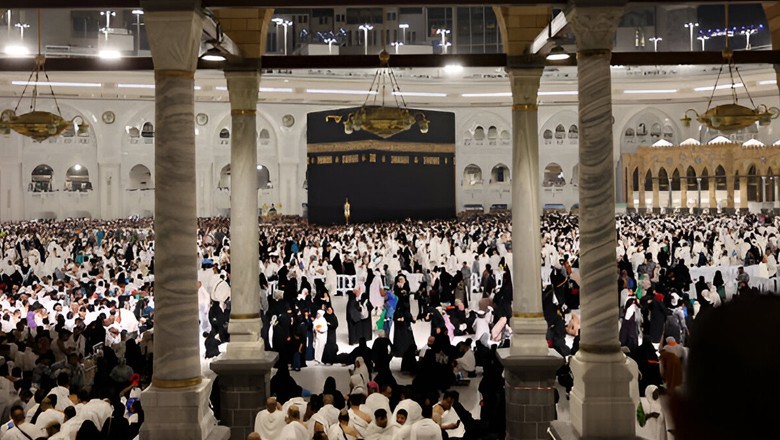

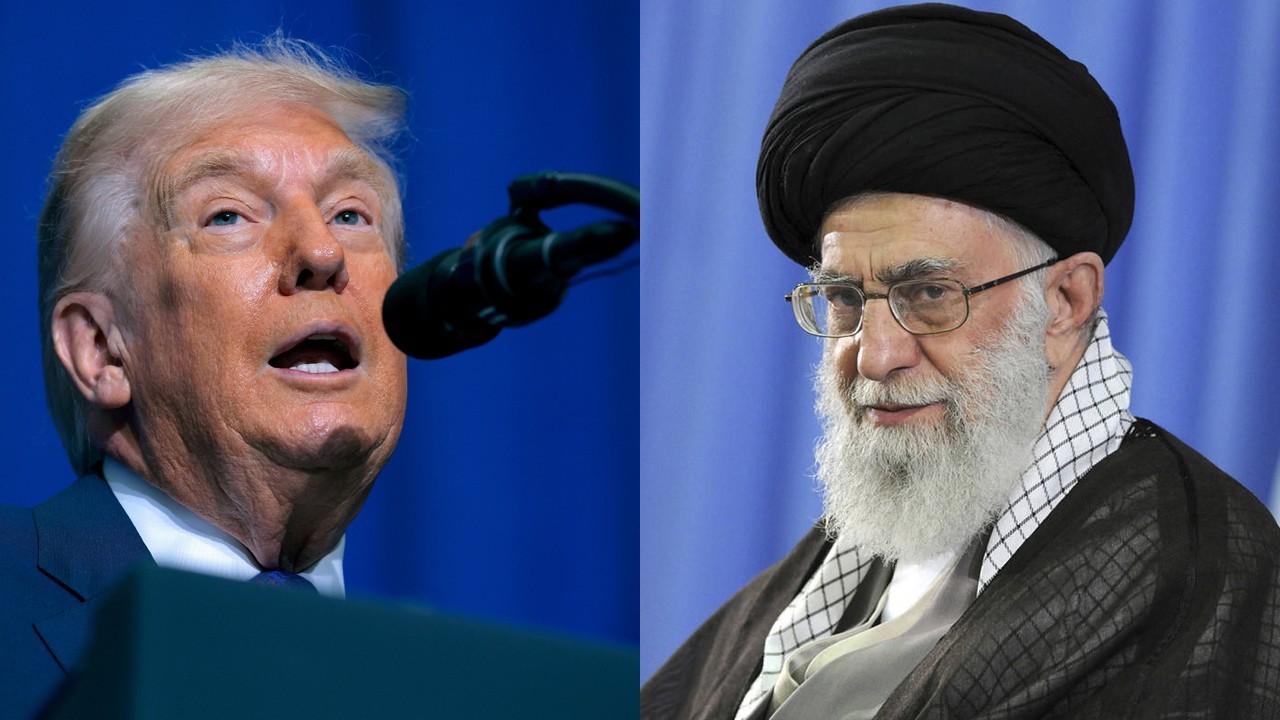

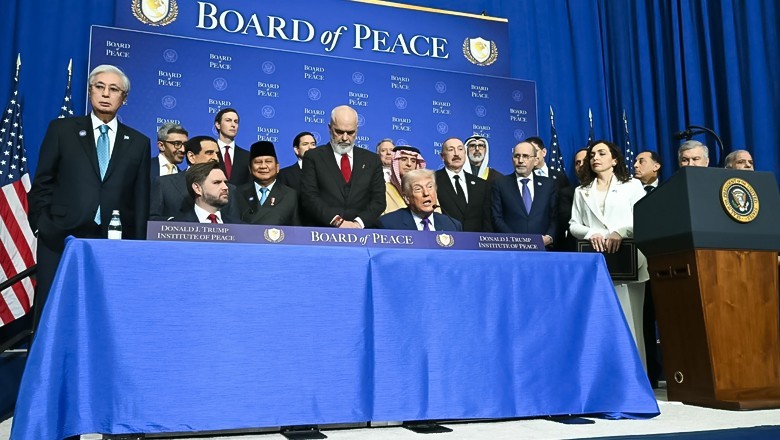

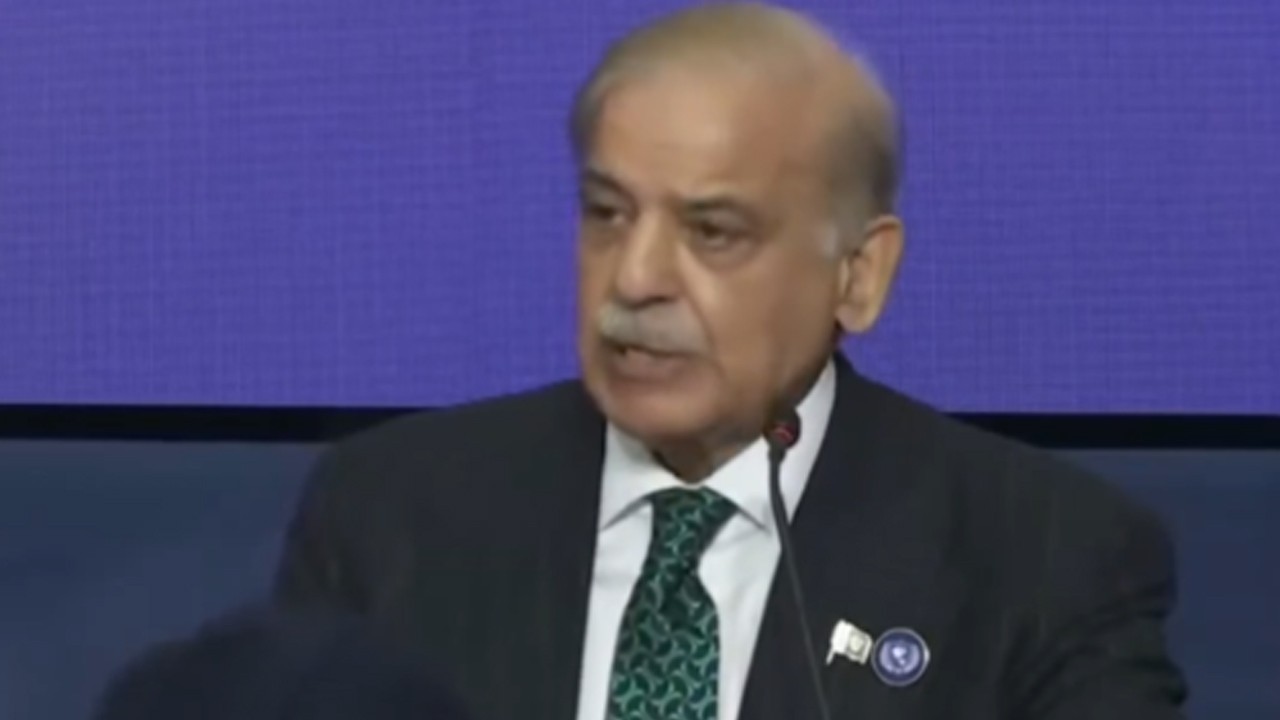
Comments
0 comment